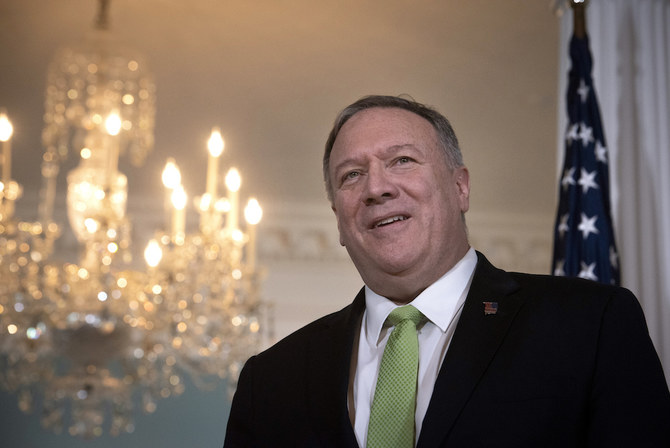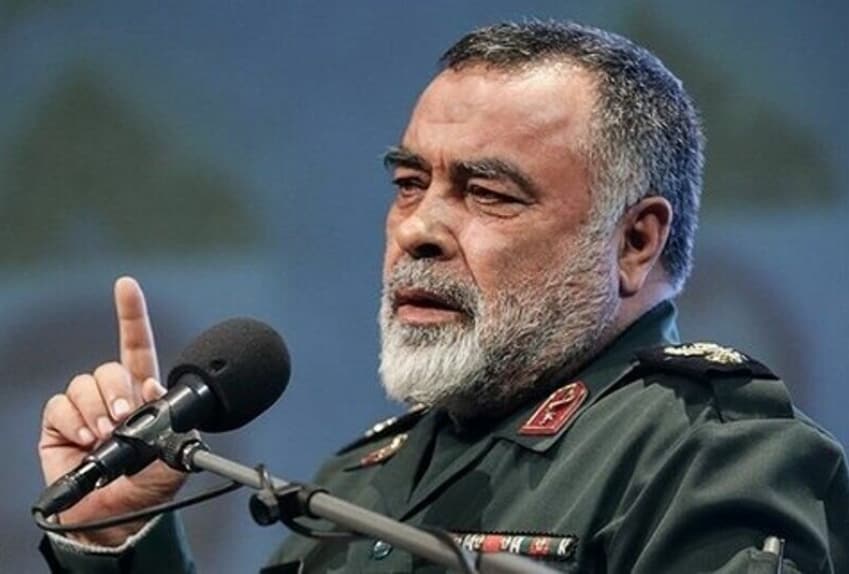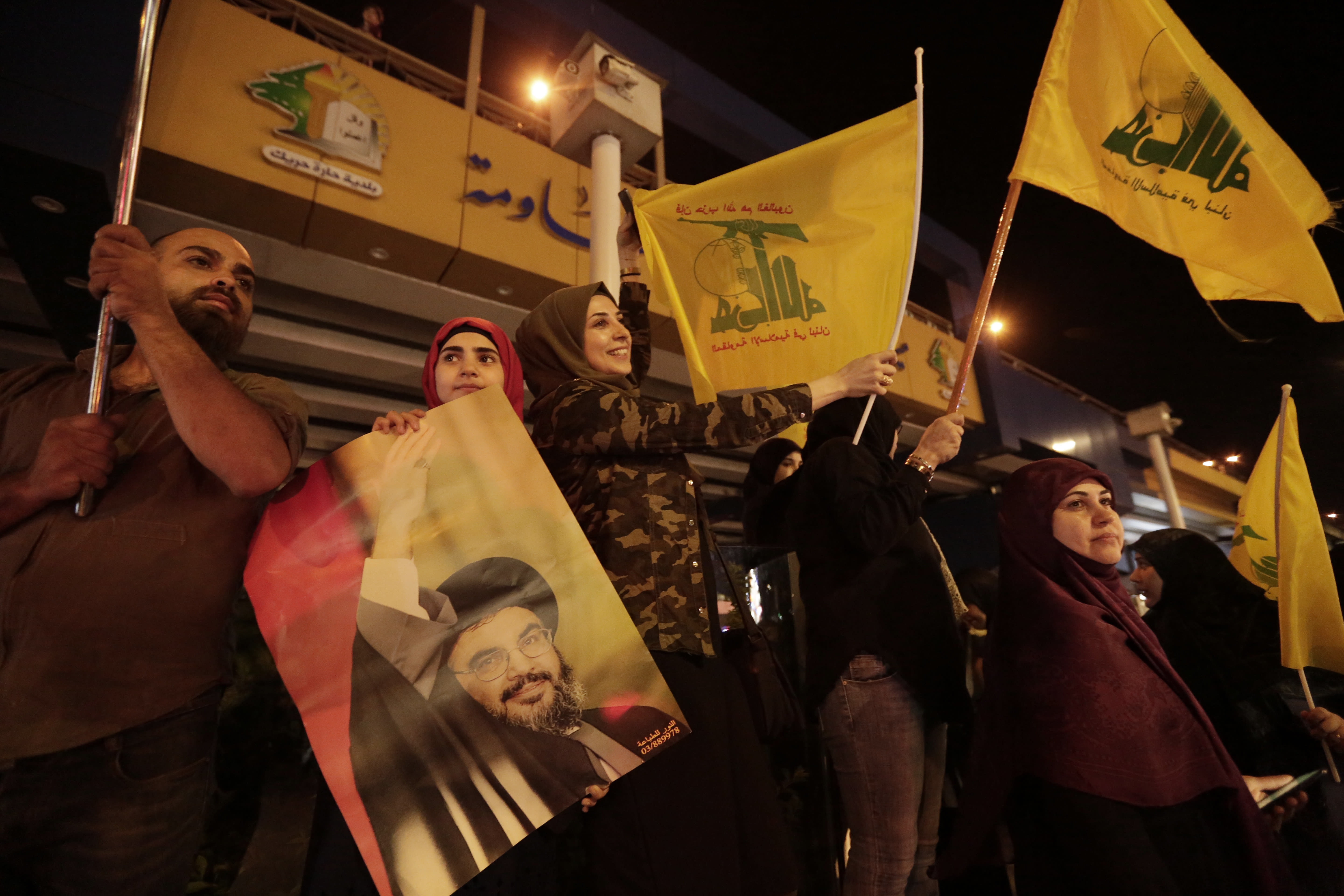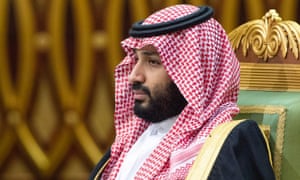


by thenational.ae — Security forces on Saturday fired tear gas and rubber bullets at protesters in Beirut, some of whom tried to break into a barricaded central district of Lebanon’s capital. The clashes continued into the early morning on Sunday as riot police used water cannon and more tear gas to disperse protesters who pelted them with stones. Riot police and security forces deployed en masse, chasing demonstrators in the street, beating and detaining some of them, a Reuters witness and a protester said. State news agency NNA said the tear gas had made several people faint, while the Lebanese Civil Defence said it treated 54 people who were wounded, taking more than half to hospital.
The Lebanese Red Cross told AFP people had been treated for breathing difficulties and fainting, along with injuries caused by stones, noting that both security personnel and civilians were among those treated. The Internal Security Forces said at least 20 police were wounded. Hundreds of people were gathered as part of a wave of protests that have swept Lebanon since October 17, furious at a ruling elite that steered the country towards its worst economic crisis in decades. Protesters accuse the political class of milking the state for their own benefit through networks of patronage.
Earlier on Saturday dozens of young people opposed to the anti-government protest movement clashed with riot police in the capital, throwing rocks and firecrackers against volleys of teargas. Young counter-protesters from an area of Beirut dominated by the powerful Shiite movement Hezbollah and fellow Shiite movement Amal tried to raid a key anti-government protest camp in Martyrs’ Square on Saturday afternoon. Anti-riot police intervened, firing tear gas to disperse them. The square, in central Beirut, has been at the epicentre of the protests over perceived official corruption, poor services and economic woes. These large anti-government rallies, which grew into calls for a root-and-branch overhaul of the state, have mostly passed off peacefully. However, clashes have become more frequent in recent weeks, with supporters of Hezbollah and Amal attacking protest camps in several cities amid counter-demonstrations. Both Amal and Hezbollah are partners in Lebanon’s cross-sectarian government.








